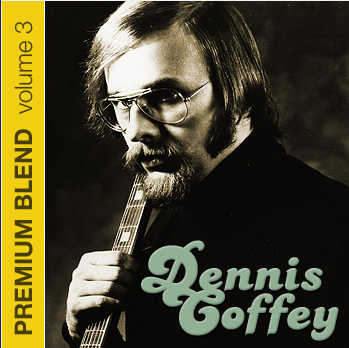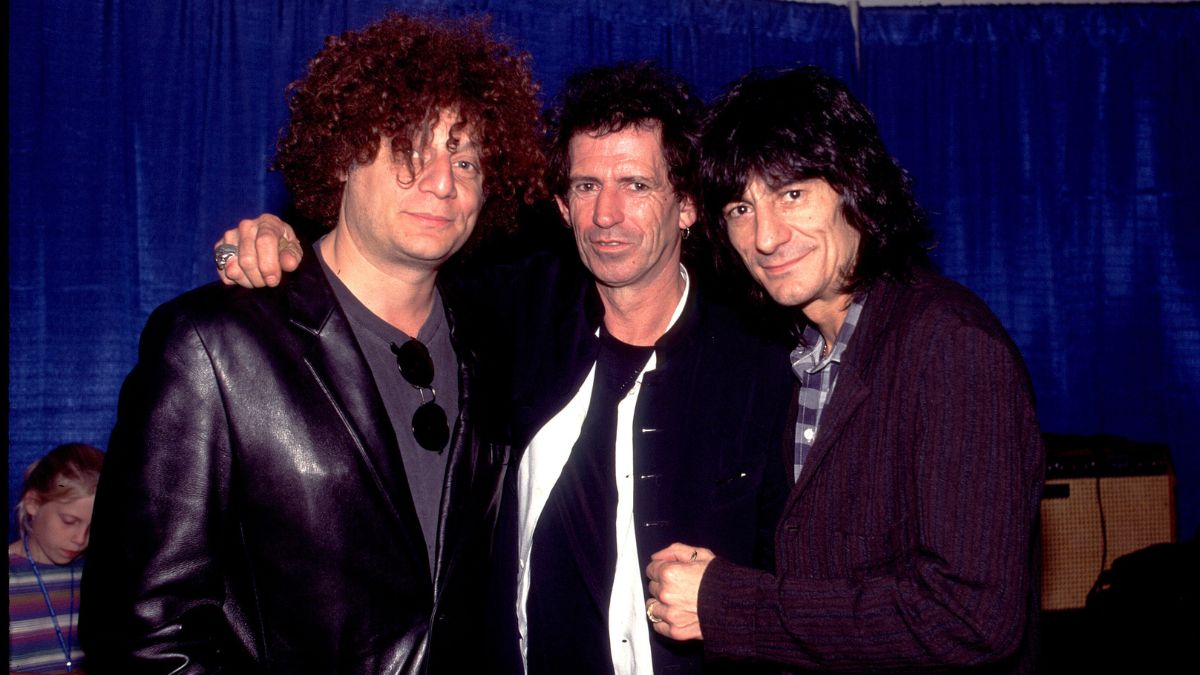Funk Brothers Legend: Guitarist Dennis Coffey Talks Detroit, Podcasts and Not "Playing Like the Record"

Often recognized as the guitarist who introduced the wah pedal to Motown, Dennis Coffey played on hundreds of tracks as a member of the Funk Brothers, the studio band that recorded countless hits in the Detroit recording studio known as the Snake Pit.
On his own, Coffey charted with the million-selling instrumental “Scorpio” and the soundtrack to Black Belt Jones, as well as session and production work for other artists.
Coffey was featured in the 2002 award-winning documentary Standing in the Shadows of Motown and published his memoir, Guitars, Bars and Motown Superstars, in 2004. He was the subject of a 2010 podcast series called Premium Blend, in which he was interviewed about his years as one of the Funk Brothers and his life as a guitarist.
In addition to regular gigs in Detroit with his band, recent projects include guitar work on the Cambodian Space Project CD Whisky Cambodia (2014), which he produced, and several U.K. sold-out dates in March 2014 opening for singer/songwriter Sixto Rodriquez. Coffey also was featured in Searching for Sugar Man, the 2013 Academy Award-winning documentary that chronicled Rodriquez’s life and career.
GUITAR WORLD: What did your experiences with the Funk Brothers teach you about being a band member and a bandleader?
I always look after my guys. They get treated fairly and I'm honest. Motown treated me fairly. I got what I was promised, things were always delivered, and they did what they said they were going to do.
Is there a difference between what you play for the public and what you play for yourself?
All the latest guitar news, interviews, lessons, reviews, deals and more, direct to your inbox!
For myself, I’m woodshedding. In front of an audience, most of the stuff has been tried, but not a lot. I play at home and with my musicians and see how it flies. If it doesn't, I stop doing it. I've come up with new approaches to my playing over time, and now it’s more dramatic and strong.
Do you play much acoustic guitar?
I have a few at home. I love writing with acoustic. There is something about the woody sound of an acoustic guitar that lends itself to me when I’m writing.
When did you begin working on the podcasts and what appealed to you about the idea?
Red Bull asked me to participate in their Red Bull Music Academy in Barcelona with a DJ from New York who knew all the records I had played on. He played my records in front of these kids in their 20s, from all over the world, who were doing projects on their laptops. They were all from the digital age. They played “Cloud Nine” and all these records, and the audience had no idea who I was and what I'd done. They gave me a standing ovation at the end of my interview.
Then they broke up into teams to do recording projects and asked me if I would overdub some guitar parts. I said, “Sure.” It took three hours to do a project, adding parts, and again they gave me a standing ovation in the control room. That was the beginning of people knowing who I am, because the new generation has no idea and they don’t know my history. The podcasts have the same effect.
What do you look for when hiring musicians?
I look for guys who want to create stuff and never tell me that they will play like the record. If you're playing like the record, you're not learning. We create new things every week, so we're not stuck in the paradigm of playing like the record. Even I don't play my songs like the record. I play them almost like acid jazz.
How far can you take your reinterpretation of a hit?
Audiences kind of expect that from me now. I guess it will be time to stop pushing the envelope when the place is empty. Then I'll know I've gone too far. Sometimes I'm on edge and I look out and they're clapping, so I keep going. If they all walk out, I won't push it that hard anymore. Right now, they seem to like it because it's different and fun.
Detroit audiences are loyal, but they are a tough crowd. They see music every night, and you'd better be fresh and different and energetic for them. Two of the great players that influenced me melodically were Miles Davis and Wes Montgomery because they were so lyrical in their playing. You've got to get the audience’s attention and be melodic so that it doesn’t all sound like noise, and so that people can understand it and relate to it.
Read more of this interview with Coffey HERE.
For more about Coffey, visit denniscoffeysite.com and denniscoffey.bandcamp.com.
Alison Richter interviews artists, producers, engineers and other music industry professionals for print and online publications. Read more of her interviews right here.
Alison Richter is a seasoned journalist who interviews musicians, producers, engineers, and other industry professionals, and covers mental health issues for GuitarWorld.com. Writing credits include a wide range of publications, including GuitarWorld.com, MusicRadar.com, Bass Player, TNAG Connoisseur, Reverb, Music Industry News, Acoustic, Drummer, Guitar.com, Gearphoria, She Shreds, Guitar Girl, and Collectible Guitar.
